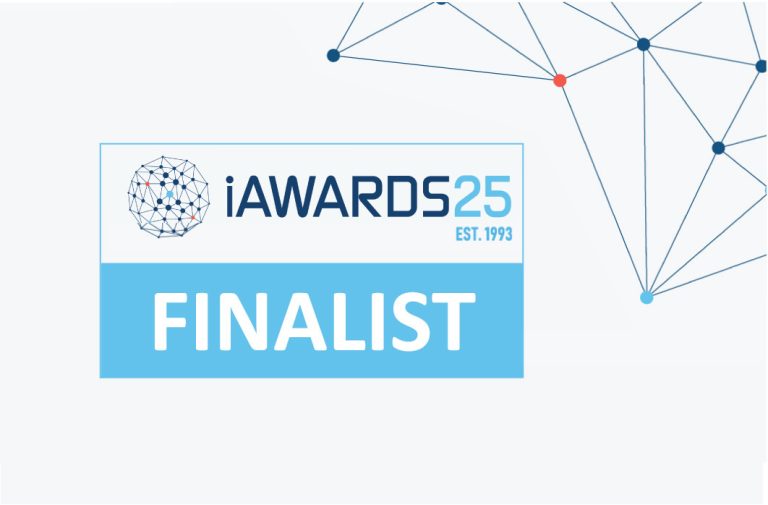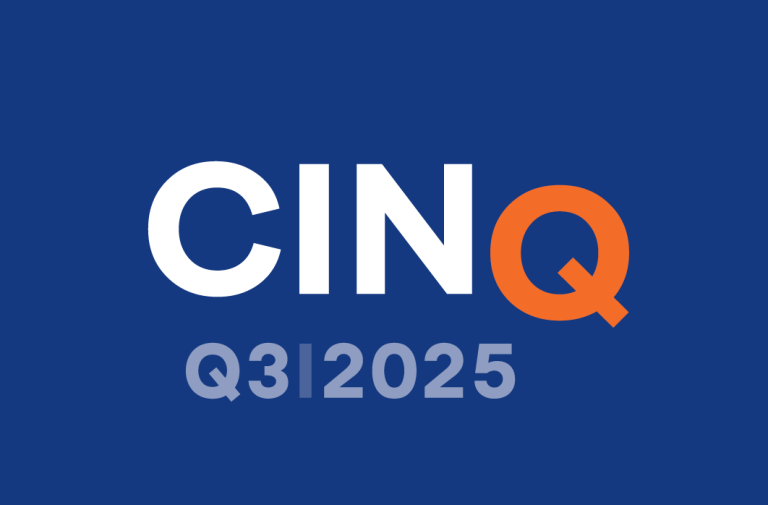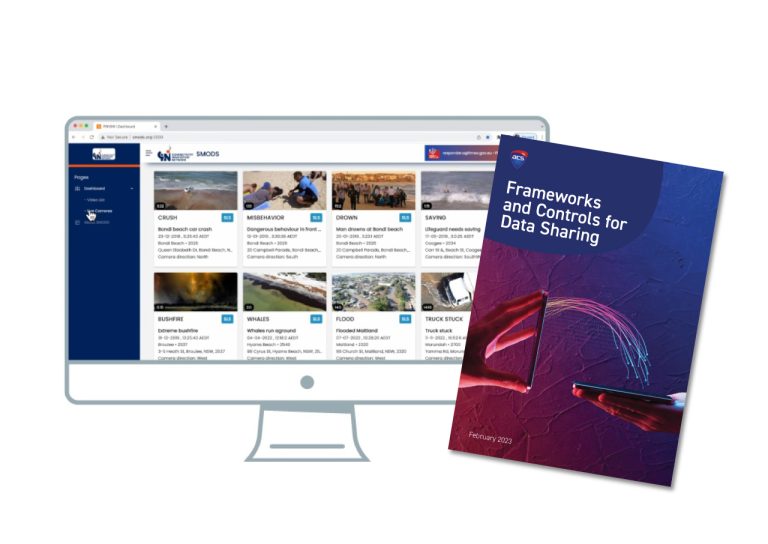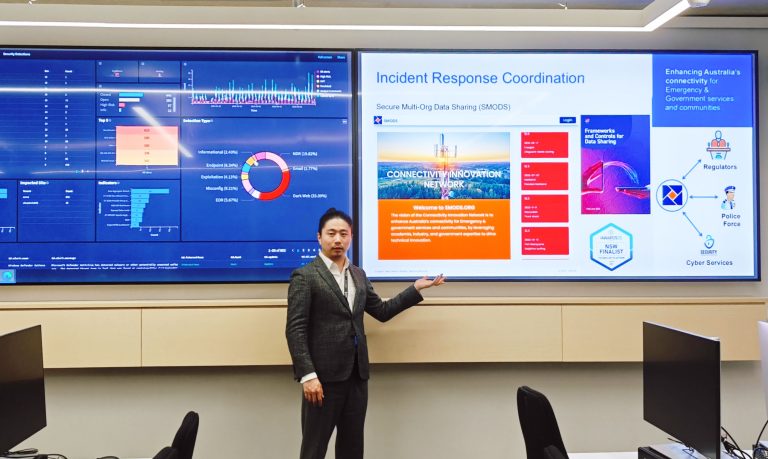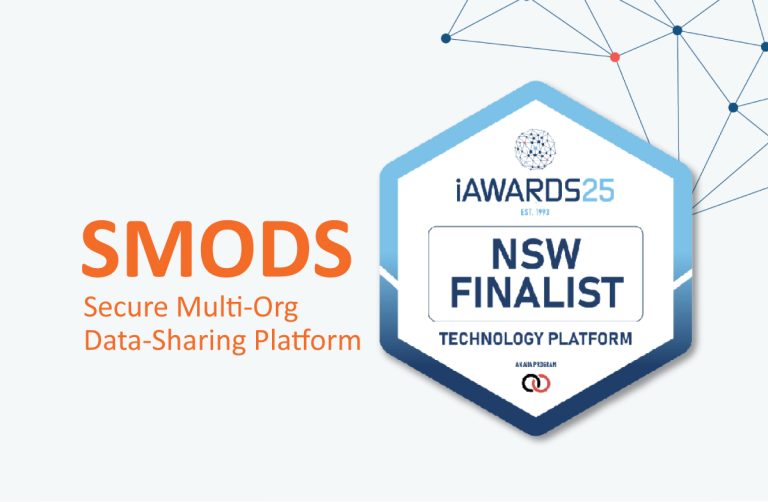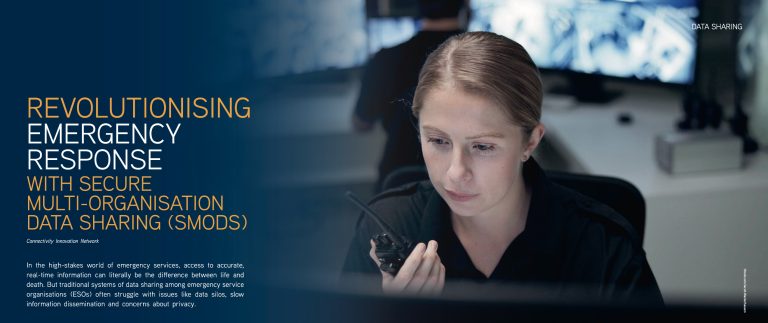Secure Multi-Org Data Sharing (SMODS) Platform
The Secure Multi-Org Data Sharing (SMODS) Platform is a game-changing data-sharing solution that enables secure and efficient exchange of information between organisations. This project has a strong focus on real-time, multimedia data sharing between Emergency Service Organisations (ESOs) to improve situational awareness during emergency events. Led by the University of Technology Sydney (UTS) in consultation with World Data Exchange, SMODS aims to reshape emergency response capabilities through this innovative technology.
The SMODS project was successfully completed and demonstrated on 4 December 2023 at Cicada Innovations.
The Problem – Data Silos and Fragmented Communication
In emergencies, quick access to real-time data is critical. However, current data-sharing systems often struggle with delays, data silos, and privacy concerns, limiting the effectiveness of emergency response operations.
Market Gaps – Limitations of current data sharing platforms
Traditional platforms face several challenges:
- Slow dissemination of critical information
- Fragmented communication channels between organisations
- Lack of robust privacy protections and manual data-sharing processes
The Solution: SMODS – A Secure, scalable Data Sharing platform
SMODS solves these challenges by implementing a web based, decentralised, privacy-preserving data-sharing platform that leverages cutting-edge technology to ensure secure and efficient data access.
Key features include:
- SMODS is the only data sharing platform that incorporates the Australian Computer Society’s Data Sharing Framework: Evaluates privacy levels, assesses access risks, and manages data lifecycles.
- Role-Based Access Control (RBAC): A flexible and scalable security model ensuring only authorised users can access sensitive data.
- OAuth Authentication: Seamless integration with existing systems for secure server-to-server authentication.
- AI-Driven Automation: Real-time data product generation, including video sharing, with strict privacy protections.
Applications
- Emergency services: Real-time data access for quick, informed decision-making during crisis situations.
- Government agencies: Secure, scalable communication between public and private sector stakeholders.
- Multi-organisation collaboration: Streamlined data sharing across sectors to improve situational awareness and operational efficiency.
Project Milestones
- May 2023: Six-month demonstration showcasing the platform’s capabilities in enhancing emergency response and situational awareness through secure data-sharing
- December 2023: Final demonstration unveiling the revolutionary platform for secure, efficient, and privacy-driven data-sharing, emphasising its robust capabilities tailored for emergency response scenarios
- December 2023 and Beyond: Phase Two development
Current/Ongoing activities:
Since its successful final demonstration, the CIN is working with government agencies to explore early adoption of the SMODS platform.
It is anticipated that an Expression of Interest for commercialisation partner(s) will be released in the coming months.
Project duration:
12 months
Project status:
Complete
Project leaders:
Professor Ren Ping Liu – University of Technology Sydney
Dr Xu Wang – University of Technology Sydney
Industry collaborators:
World Data Exchange



Dr Xu Wang and Dr Ian Oppermann during the final demonstration of the Secure Multi-Org Data-Sharing (SMODS) Project in December 2023
Frequently Asked Questions (FAQ)
SMODS stands for “Secure Multi-Organisational Data Sharing Platform”. It’s an innovative web-based system developed to enable real-time, secure and efficient data sharing between organisations, particularly during emergencies and where inter-organisational communication of information is mission-critical. By facilitating seamless communication, SMODS enhances coordination and decision-making among these organisations, with a strong use case for rapid and effective response by emergency services.
In emergency situations, timely access to accurate information is critical. Traditional data-sharing methods often involve delays and fragmented communication, and raise privacy concerns. SMODS was created to overcome these challenges by providing a platform that ensures rapid, secure, and privacy-conscious data exchange among organisations. The SMODS project was initiated in response to issues raised by industry at the CIN’s Problem Statement workshops, symposia, and in discussions with our Technical Steering Committee. The project was then borne from a successful grant application via an official Call for Proposals.
The Secure Multi-Org Data-Sharing (SMODS) Platform benefits a wide range of organisations and communities, particularly:
Emergency Service Organisations (ESOs) – ESOs benefit immensely from the platform’s real-time multimedia data-sharing capabilities, improving situational awareness, coordination, and decision-making during crises, ultimately enhancing response times and saving lives.
Government and Public Safety Agencies – These bodies gain a secure, reliable platform for inter-agency communication, enabling swift, data-driven responses to emergencies and enhancing public safety through coordinated efforts.
Local Communities and the General Public – Indirectly, the public benefits from improved emergency response and coordinated services, leading to faster, safer resolutions during disasters and enhanced protection of lives and property.
Private Sector and Critical Infrastructure Organisations – SMODS provides these entities with a secure communication link to collaborate with emergency services, enabling rapid coordination to protect critical infrastructure such as power, water, and telecommunications networks.
Health Services – During emergencies, health services can access critical, real-time information about incidents, allowing them to allocate resources, secure patient routes, and ensure continuity of care under challenging conditions.
The Secure Multi-Org Data-Sharing (SMODS) Platform incorporates several features to protect data:
- Decentralised architecture: Allowing organisations to retain control over their data
- Role-Based Access Control (RBAC): Ensuring only authorised individuals access specific information
- OAuth Authentication: Providing security cross-organisational identity services and login
- AI-Driven Automation: Managing data sharing processes while maintaining privacy standards
The Australian Computer Society’s Data Sharing Framework offers guidelines for ethical and secure data sharing. SMODS is the first platform to fully integrate this framework, enabling it to:
- Evaluate privacy levels of data
- Assess risks associated with data access
- Manage the lifecycle of datasets
- Textual information such as reports and messages
- Multimedia content, including images and videos
- Intuitive interface: Allowing users to navigate the system with ease
- Seamless integration: Compatible with existing organisational systems
- Customisable access levels: Enabling organisations to define user permissions based on roles
Following its successful demonstrations, SMODS is in discussions with government agencies for early adoption. The Connectivity Innovation Network is also seeking commercial partners to expand the platform’s reach and impact.
- Integration of the ACS Data Sharing Framework: Ensuring ethical and secure data practices
- Decentralised data control: Allowing organisations to maintain ownership of their data
- Advanced security measures: Including RBAC and OAuth protocols
- Healthcare: For sharing patient information securely.
- Infrastructure management: Coordinating data among utility providers
- Public safety: Enhancing communication between different agencies
- Contact the Connectivity Innovation Network: For partnership opportunities or technical inquiries
- Participate in demonstrations: Experience the platform’s capabilities in action
- Engage in pilot programs: Explore how SMODS can be tailored to meet specific needs in real-world settings
Traditional data-sharing platforms often rely on centralised repositories, which introduce risks such as single points of failure, data breaches, and loss of data sovereignty. SMODS takes a decentralised approach, allowing each organisation to retain ownership and local control of its data, while still enabling real-time federated access based on secure permissions. This significantly reduces the attack surface and enhances system resilience.
SMODS offers a multi-tiered RBAC model with granular control over data visibility and access levels. Access can be dynamically assigned based on organisational role, scenario context, or emergency level. This enables differentiated access—for instance, media personnel can receive general situational updates, while command-level officers access detailed operational intelligence. The system also supports auditable logs to track access history for compliance and review.
SMODS implements OAuth 2.0, an industry-standard protocol for authentication. This allows secure, token-based authentication between servers without exposing user credentials. It also facilitates scalable inter-organisational trust, enabling different entities to authenticate and share data securely without needing to unify their identity systems. This ensures that cross-agency data exchange can happen in real-time, with minimal setup friction.
- Data Classification: Automatically evaluating the privacy sensitivity of incoming data.
- Risk Assessment: Estimating potential data-sharing risks in dynamic emergency contexts.
- Policy Enforcement: Automating adherence to the ACS Data Sharing Framework, including real-time validation against privacy and ethical guidelines.
SMODS enables interoperability through a modular design and standardised protocols. The platform leverages RESTful APIs and consistent JSON data formats to support smooth integration with existing systems. Built with modern authentication standards like OAuth, SMODS ensures secure and scalable connectivity. Its flexible, cloud-compatible architecture allows modules to interface with both legacy and contemporary systems, reducing barriers to adoption and minimising the need for major infrastructure changes.
- ISO/IEC 27001: Information Security Management Systems.
- GDPR-inspired principles: Although focused on Australia, SMODS respects global privacy standards for cross-border use.
- Australian Privacy Principles (APPs): Ensuring lawful, fair, and transparent data handling.
- NIST Cybersecurity Framework: Guiding secure platform development and risk management.
Subscribe to our mailing list and follow us on LinkedIn for the latest updates.
Find out more
To stay updated on this exciting project, subscribe to our mailing list and follow us on LinkedIn.
For enquiries:
- Media Enquiries: communications@connectivityinnovationnetwork.com
- General Enquiries: admin@connectivityinnovationnetwork.com

